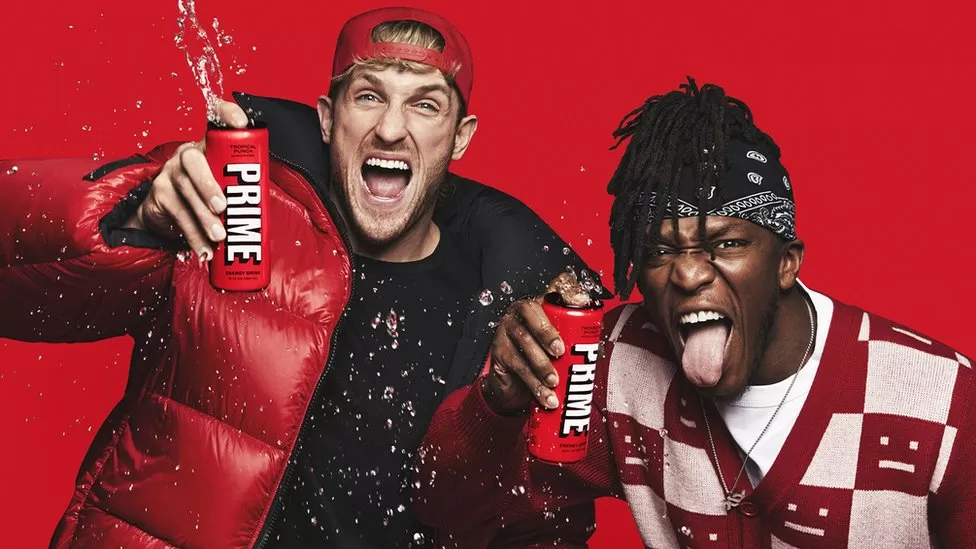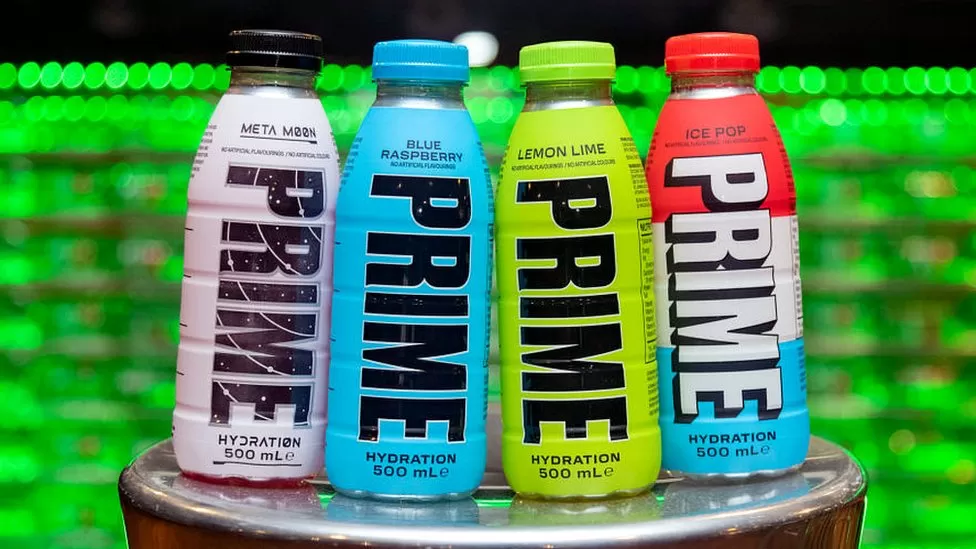Prime: Top US senator calls for probe into KSI and Logan Paul energy drink

According to Chuck Schumer, the US Senate Majority Leader, regulators should investigate KSI and Logan Paul’s energy drink.
While the drink contains a high amount of caffeine, Mr Schumer alleges it is marketed to children.
A can of Prime Energy contains 200mg of caffeine, which is almost twice as much as a can of Red Bull.
Children under 18 should not consume these drinks, as they carry a warning.
Mr Schumer, however, claims Prime Energy was packaged and marketed as a caffeine-free drink from the same brand.
On Sunday, he told New York reporters that some parents had unknowingly given their children the caffeinated drink.
PRIME must be investigated by the FDA for its absurd caffeine content and its social media marketing targeting children, he said on Twitter.
An inquiry from the BBC was not immediately responded to by Prime.

Logan Paul and KSI – who have 48 million YouTube subscribers between them – launched Prime Hydration in 2022.
Long queues formed online, and people even dived headfirst into shelves at stores after it became a sensation.
The caffeinated Prime Energy drink was launched in January of this year. As a sugar-free, vegan product, it is promoted by the company.
It is not recommended for children under 18 years of age, people sensitive to caffeine, pregnant women, or women who are breastfeeding, according to the warning label on the can.
Around the world, some schools have warned students about Prime drinks or banned them.
Parents were warned earlier this year not to confuse caffeinated and non-caffeinated drinks after a pupil fell ill outside of school hours at Milton Primary School in Newport, Wales.
An energy drink ban has been imposed at Maryborough State High School in Queensland, Australia.
New energy drinks and hydration drinks have recently hit the market… some of which have four times the caffeine or stimulant as ‘regular’ energy drinks, the school said.
It explained that students with (potentially unidentified) health issues might be concerned about these factors.
